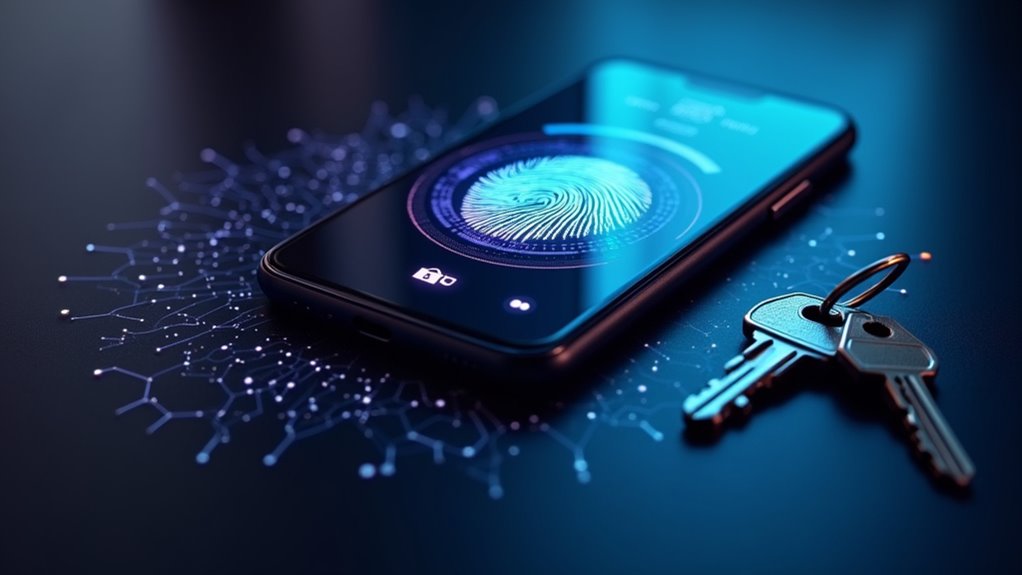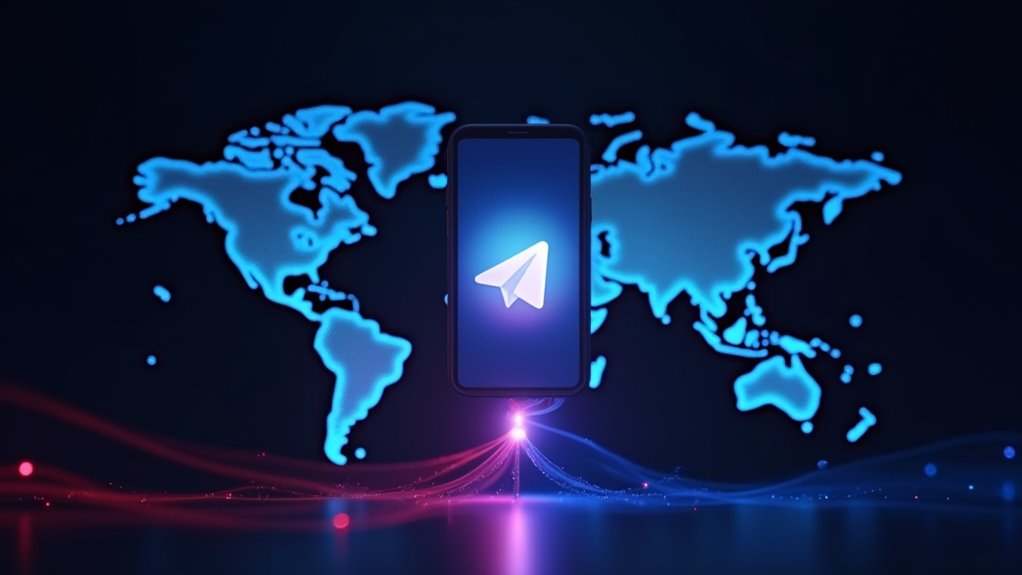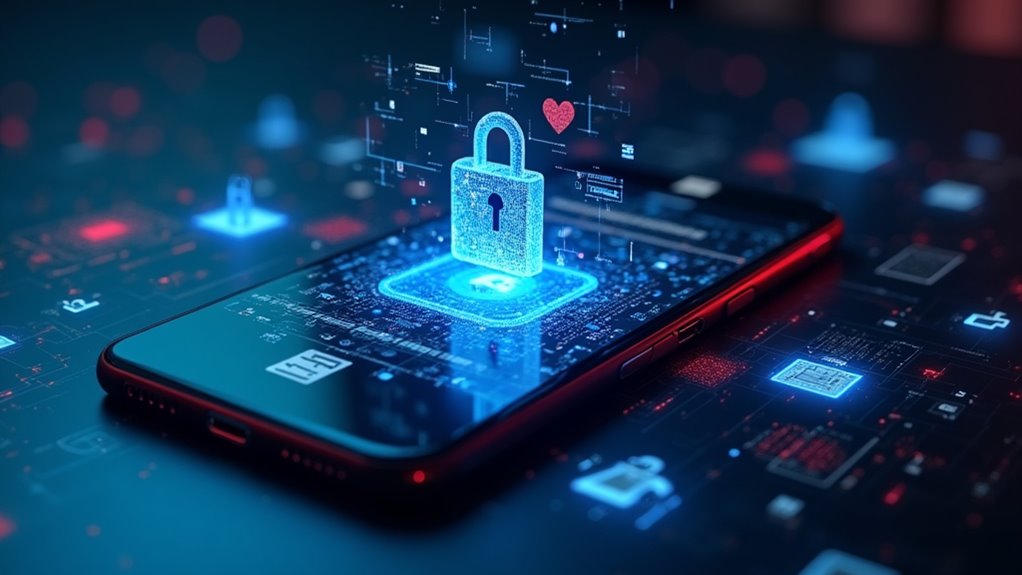ChatGPT’s next upgrade may finally save everyone from the eternal pain of “Forgot your password?” screens and impossible CAPTCHAs. With facial recognition, quirky security questions, and identity checks done by snapping a photo, this update aims to kill off clunky sign-in chores for good. No more juggling 27 passwords or squinting at warped letters—AI could soon let you breeze in with a smile. If you’re tired of authentication Groundhog Day, the answer only gets more intriguing ahead.
Even as the rest of us were still figuring out how to stop ChatGPT from calling us “distinguished user” in every other sentence, OpenAI dropped another update—because apparently, sleep is for the weak.
The 2025 release cycle has been a blur, with GPT-4.5 and GPT-4o tag-teaming their way into your browser, phone, and—brace yourself—potentially the very way you sign in and verify your identity across the internet.
Here’s the thing: these aren’t just marginally smarter chatbots. GPT-4.5, for example, can now process images along with text, juggle multi-step tasks, and nail nuanced emotional cues.
Think less robot, more digital assistant who actually “gets” you. Combine that with the latest GPT-4o, which spits out cleaner, more collaborative responses (and has mercifully cut back on unnecessary markdown and emoji), and suddenly you’ve got an AI that can actually follow directions and help code, rather than just pretending. Similar to how AI Overviews in Google Search provide quick, digestible answers without requiring users to sift through multiple links.
—
But what does this have to do with signing in?
- With vision capabilities, GPT-4.5 could verify you via photo or even scan a document to authenticate your identity.
- Enhanced multi-step planning means it can handle those nightmarish “forgot password, check email, answer security question” flows—without making you want to throw your phone.
- Custom instructions and trait settings mean your AI can remember how you like to be greeted, streamlining complex authentication steps with a personal touch.
Custom GPTs now automatically use the latest GPT-4o version, ensuring that any AI you personalize for sign-in or verification tasks will benefit from the most recent improvements in accuracy and communication.
Imagine logging in: you upload a picture (hello, facial recognition), answer a quirky security question (“What’s your favorite Pokémon?”), and boom—you’re in.
No more remembering twenty-four passwords or deciphering blurry CAPTCHA hieroglyphics.
—
Of course, the tech isn’t perfect—early trait customization had hiccups, and vision features are still compute-hungry (aka expensive).
OpenAI reported a $5 billion loss in 2023, revealing the enormous investment being poured into scaling these groundbreaking AI models.
But if OpenAI keeps integrating these tools, signing in could shift from “ordeal” to “one-click wonder.”
Maybe, just maybe, you’ll finally stop resetting your password every Monday morning—unless you actually like that weekly existential crisis.









